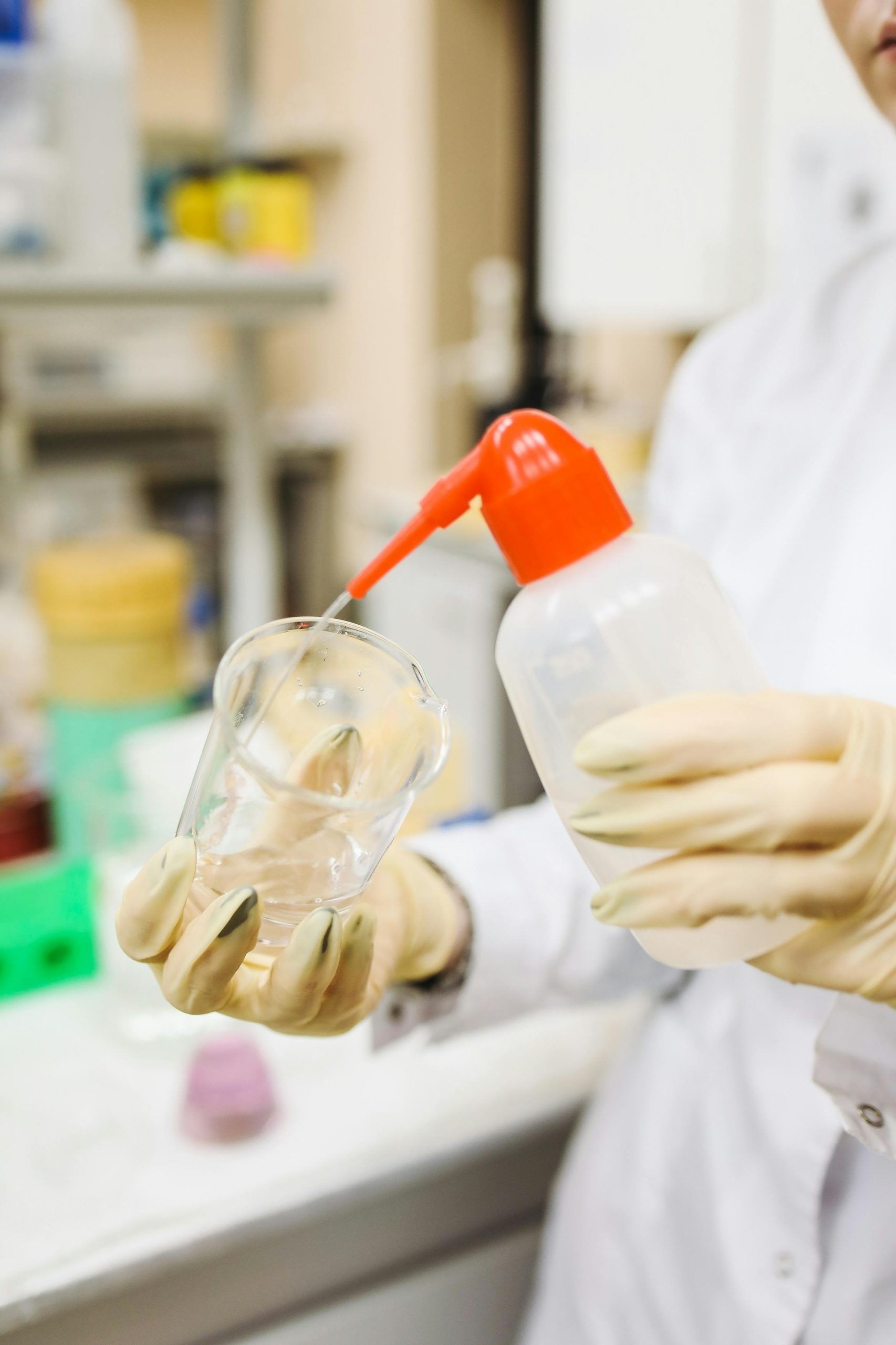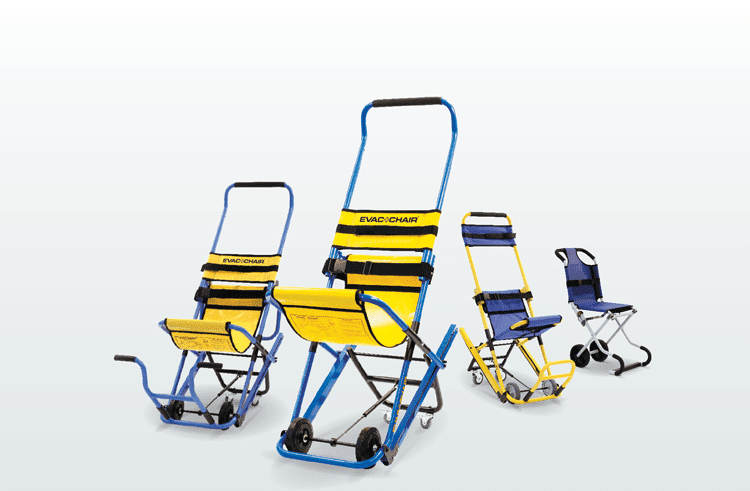We review recent health and safety legislation updates which came into force earlier this month, and provide essential guidance and advice. Helping you to protect your business, and keep your employees and customers safe.
Health and Safety Legislation & Covid-19
On the 1 April 2022, the Government removed all remaining restrictions and introduced guidance on living safely with respiratory infections which includes Covid-19.
The ‘Working Safely During Coronavirus’ guidance is no longer available and the UK Health Security Agency have published the following guidance ‘Reducing the Spread of Respiratory Infections, Including Covid-19 in the Workplace’.
When the pandemic first started in 2020 it was a legal requirement for every business to have a Covid-19 risk assessment in place, however from the 1 April 2022 the requirement to specifically include Covid-19 within risk assessments has been removed. You may wish still to cover Covid-19 within your risk assessments just that it is no longer a legal requirement. There is one exemption where a Covid-19 risk assessment must be still in place and these are businesses who work specifically with Covid-19.
Even though you are no longer required to specifically consider Covid-19 within your risk assessment you must still comply with the health and safety legislation - Workplace (Health, Safety and Welfare) Regulations 1992, and for those in the Construction Sector the Construction (Design and Management) Regulations 2015. Both sets of regulations discuss, cleaning, ventilation, and welfare facilities and therefore measures must be taken to ensure that you meet these regulations. For further guidance on these regulations please refer to our article on Welfare Facilities.
At the start of April, the list of Covid-19 symptoms was increased to include:
- ‘Continuous cough
- High temperature, fever or chills
- Loss of, or change in, your normal sense of taste or smell
- Shortness of breath
- Unexplained tiredness, lack of energy
- Muscle aches or pains that are not due to exercise
- Not wanting to eat or not feeling hungry
- Headache that is unusual or longer lasting than usual
- Sore throat, stuffy or runny nose
- Diarrhoea, feeling sick or being sick.’
If an employee was to experience any of the symptoms above, it does not necessarily mean that they have Covid-19 as respiratory infections tend to have the same symptoms. For most people they may experience mild symptoms particularly if they have been vaccinated for Covid-19.
If an employee does not feel well enough to attend the workplace and/or has a high temperature, then they are advised to stay at home and avoid contact with other people to minimise the spread of the infection.
On the 1 April free testing for asymptomatic and symptomatic ceased except for those in adult social care regulated by the Care Quality Commission, individuals with a health condition that are eligible for Covid-19 treatments, going into hospital for a surgery or procedure, if you work in the NHS patient facing.
As testing will not be available for most individuals it's going to be difficult to know who is positive and who is not, but as an employer you can help reduce the spread of respiratory infections within the workplace. This includes Covid-19 by ensuring that there is an adequate supply of fresh air into the occupied space, and employees should be encouraged to open windows. Employers should monitor enclosed spaces to ensure that there are not any areas where there is poor ventilation.
Keeping workplaces clean can help reduce the transmission of respiratory infections, employees should be encouraged to clean frequently touched hand contact points and keeping their workspaces clean and tidy. If employees are sharing equipment where practicable, they should be cleaned and disinfected between different users.
Employees should be encouraged to wash their hands and sanitise their hands regularly to help reduce the risk of viruses and germs entering their body. They should also be following good hygiene; catching coughs and sneezes correctly, and after coughing into tissues hands should be washed immediately.
Some employers may choose to request employees to carry out a lateral flow test, as these are no longer free of charge to employees if you identify it as a control measure on the risk assessment the employer should be providing these to employees free of charge. If employees choose to take a lateral flow test there is no longer the option to record the test result to the government.
Previously, if there was an outbreak within the workplace, 2 or more people, Public Health had to be notified, this is no longer a requirement to report an outbreak. If an employee infects another employee with Covid-19 through general transmission, there is no longer a requirement to report the incident to the HSE as a RIDDOR.
Some individuals may be particularly at risk of serious illness from Covid-19 and if you have anyone who falls within this category you may wish to consider a risk assessment for those individuals to help reduce their risk of infection. Where practicable, you may choose to support those employees to continue working from home, and where they cannot work from home they may be entitled to reasonable adjustments to be made under the Equality Act.
Health and Safety Legislation & Personal Protective Equipment at Work (Amendment) Regulations 2022
On the 6 April 2022, the Personal Protective Equipment at Work (Amendment) Regulations 2022 will come into force amending the Personal Protective Equipment at Work Regulations 1992.
The duties and responsibilities outlined in the Personal Protective Equipment at Work Regulations 1992 will remain unchanged however, the new amended regulations will now extend the regulations to cover limb (b) workers.
Limb (b) workers are defined as having causal or irregular work and may not necessarily just be employed for one organisation. They tend to only carry out work if they want to, they may have a contract or an agreement in place for the work. They may be someone who is not in business for themselves. Generally, a limb (b) worker is someone defined as a ‘dependent contractor’.
From the 6 April 2022, employers must ensure that if they have limb (b) workers both with employees or on their own that they must be provided with suitable personal protective equipment (PPE) where it has been risk assessed as required. Where PPE is required, it must be provided free of change to your workers and workers must be trained and instructed in its use.
Finally, the changes to the regulations will not apply to those who have a ‘self-employed’ status.
HSE Focuses on Health & Safety in Birmingham's Construction Industry
On Thursday 28 July 2022, Birmingham City Centre will host the Commonwealth Games and as a result of the city hosting the Commonwealth Games there has been a significant increase in the number of new construction schemes. Due to the increased number of construction schemes the HSE are going to carry out inspections to sites to ensure that they are complying with health and safety regulations.
HSE Visiting Woodworking Businesses
The HSE has recently announced that from April 2022 they will be visiting woodworking businesses across Great Britain to ensure that they have effective controls in place to protect the employee’s health from work-related lung diseases. They will be speaking with employers to establish if they understand the risks associated with working with wood and in particular wood dust.
If you need help and advice surrounding the changes to health and safety legislation, get in contact with our team of Health & Safety Consultants for expert support you can trust.







